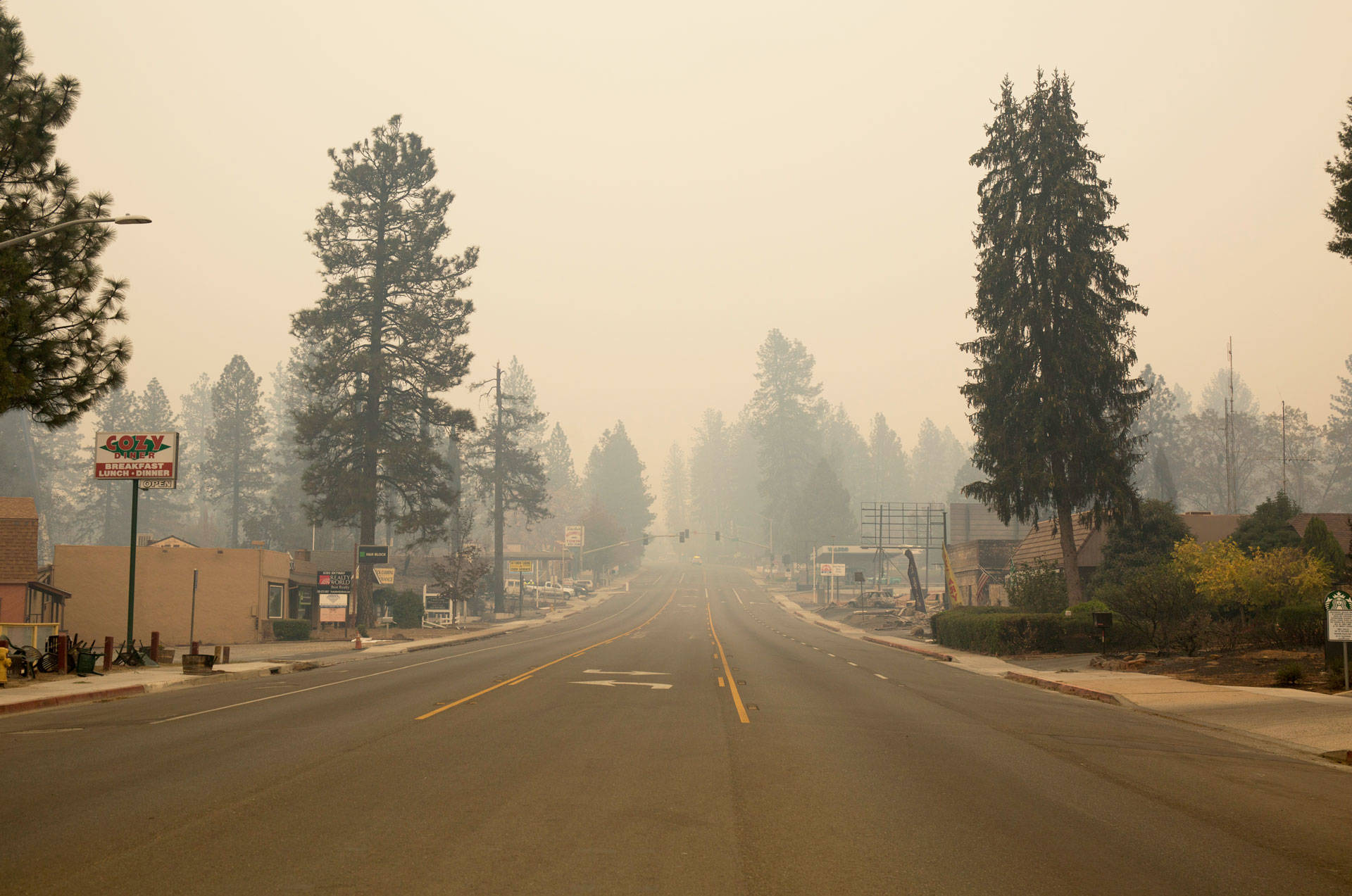Follow KQED's ongoing wildfire coverage.
When ferociously destructive wildfires descend on a community — as the Camp Fire did in Paradise and the Woolsey Fire did in Ventura and Los Angeles counties last week — there's a sense that everyone is created equal. Roaring, wind-driven infernos don't discriminate between the structures or people in their paths.
After the fires are out, however, it's a different story.
Across the nation, wildfires disproportionately affect the poor and people of color, according to a study published earlier this month by researchers from the University of Washington and the Nature Conservancy. The study's authors examined over 70,000 census tracts across the United States.
By far, Native Americans are hit the hardest.
Native Americans are six times more vulnerable to the impacts of wildfires than white people. Black and Hispanic people are about 50 percent more vulnerable.
Researchers took into account both the likelihood that a community would be hit by wildfire, and how difficult it is to recover economically.
For example, they found that while affluent exurban regions east of San Francisco Bay and rural areas of the eastern Sierra Nevada have similar potential for suffering a destructive wildfire, relatively poorer socioeconomic conditions in the Sierra Nevada make those communities far more vulnerable to fire disaster.
In California more broadly, according to the study:
Many individuals in rural areas, low-income neighborhoods, and immigrant communities do not have access to the resources necessary to pay for insurance, rebuilding, or continual investment in fire safety, thereby increasing their vulnerability to wildfire. These disparities became very clear after the 2017 wildfires in Sonoma County, California, where price gouging on rentals worsened an already dire housing shortage.
